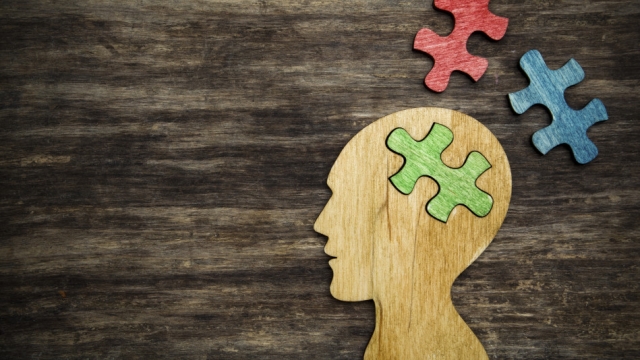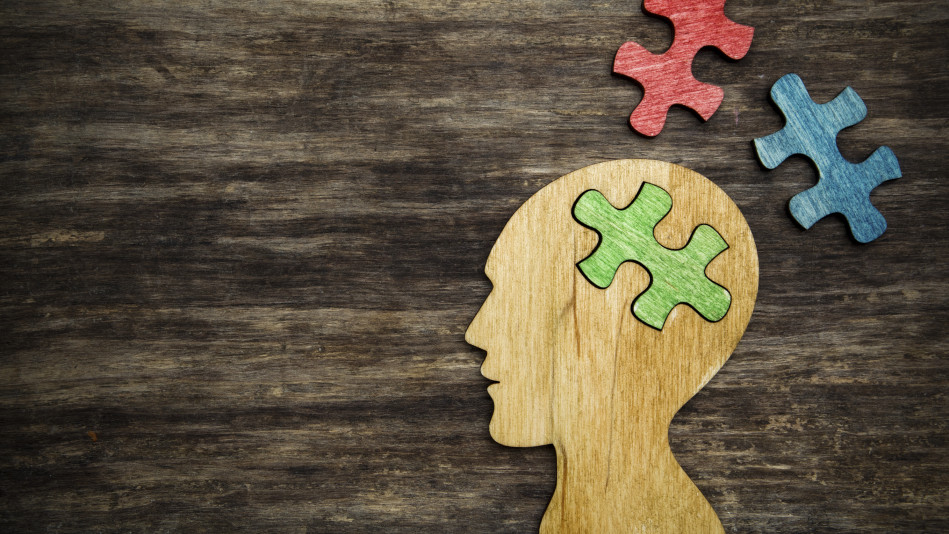
Breaking the Silence: Unraveling the Truths of Mental Health
Mental health, an essential and often misunderstood aspect of our overall well-being. Its impact is far-reaching, touching the lives of individuals, families, and communities alike. Yet, despite its prevalence, mental health remains shrouded in silence, a topic often avoided and swept under society’s rug. It is time to break this cycle of silence and unravel the truths of mental health, shedding light on its significance and the profound influence it has on our lives. By delving into the depths of this complex subject, we can foster understanding, empathy, and ultimately work towards dismantling the stigma that surrounds it. Together, let us embark upon this journey of discovery, peeling back the layers to reveal the truths that lie beneath the surface.
Understanding Mental Health
Mental health plays a vital role in our overall well-being. It encompasses our emotional, psychological, and social well-being. When we talk about mental health, we refer to our thoughts, feelings, and behaviors, as well as how we cope with the ups and downs of life. It affects every aspect of our daily lives, from our relationships to our work performance, and even our physical health.
Having good mental health doesn’t mean being happy all the time or having a perfect life. It means being able to navigate life’s challenges and stressors in a healthy and effective way. It involves having a positive sense of self-esteem, being able to build and maintain fulfilling relationships, and having the resilience to bounce back from adversity.
Mental health is not something that only affects a select few individuals. It is something that everyone has and should prioritize. Just like taking care of our physical health through exercise and proper nutrition, it is important to make mental health a priority as well. By understanding and addressing our mental health needs, we can lead happier, more fulfilling lives.
Remember, mental health is not something to be ashamed of. It is part of being human, and we all have a responsibility to break the silence and unravel the truths of mental health. By opening up conversations, seeking support when needed, and promoting mental health awareness, we can help create a world where mental health is treated with the importance and respect it deserves.
Common Misconceptions
- Mental health is a choice:
Many people mistakenly believe that mental health issues are a matter of personal choice or willpower. However, mental health conditions are not something that anyone can simply choose to have or not have. Just like physical health, mental health is influenced by a complex interplay of genetics, environmental factors, and life experiences. It is important to understand that people struggling with mental health issues need understanding and support, rather than judgment or blame.
- Only "crazy" or "weak" people have mental health problems:

Washington Teen Therapy
Another common misconception is that mental health issues only affect individuals who are "crazy" or "weak." This stereotype is not only stigmatizing but also harmful. Mental health problems can impact anyone, regardless of their age, gender, social status, or strength of character. They do not discriminate, and it is essential to foster a society that recognizes this and promotes inclusivity, empathy, and acceptance for all individuals struggling with mental health.
- Mental health issues are not real illnesses:
Some individuals still believe that mental health problems are not real illnesses and dismiss them as a figment of one’s imagination or a sign of weakness. This misconception undermines the severity and complexity of mental health conditions. Scientific research has consistently shown that mental health issues, such as depression, anxiety, bipolar disorder, and schizophrenia, have biological, psychological, and social roots. Acknowledging mental health as real illnesses is crucial in order to seek appropriate treatment and support for those affected.
Promoting Mental Well-being
In the quest for optimal mental health, it is crucial to prioritize the well-being of our minds. By nurturing our mental faculties, we can unlock a world of inner strength and resilience. Here are three key ways to promote mental well-being:
Firstly, engaging in regular physical activity is an excellent way to cultivate a healthy mind. Exercise not only benefits our physical health but also has a profound impact on our mental state. By incorporating activities such as walking, jogging, or yoga into our daily routine, we can increase the release of endorphins, which are known to boost mood and reduce stress.
Secondly, in fostering mental well-being, the power of connection should not be underestimated. Building and maintaining strong social relationships can provide a vital support system during challenging times. Actively participating in social events, joining clubs or organizations that align with our interests, and reaching out to family and friends can create a sense of belonging and emotional nourishment.
Lastly, taking time for self-care is an essential component of promoting mental well-being. Engaging in activities that bring us joy and relaxation can recharge our minds and improve our overall mental health. This may include practicing mindfulness or meditation, indulging in hobbies, pampering ourselves, or simply spending quiet moments alone to reflect.
In conclusion, promoting mental well-being is a multifaceted endeavor that requires attention to various aspects of our lives. By prioritizing physical activity, fostering social connections, and practicing self-care, we can take significant steps towards unraveling the truths of mental health. Remember, investing in our mental well-being is an investment in ourselves and our ability to lead fulfilling lives.

